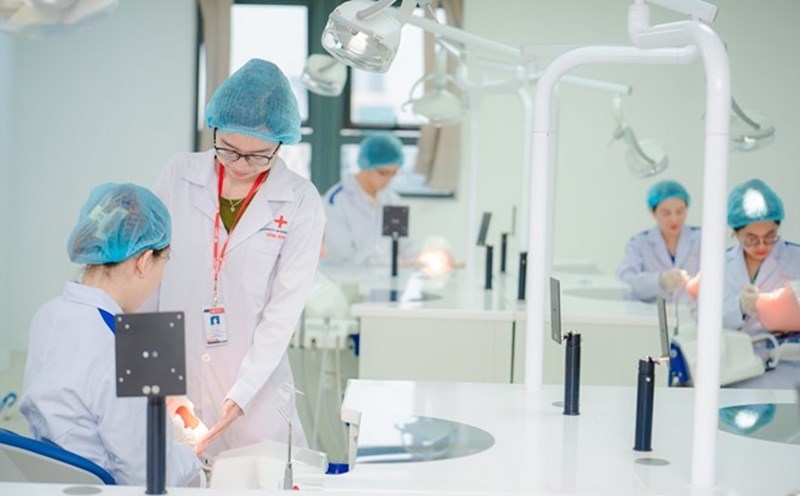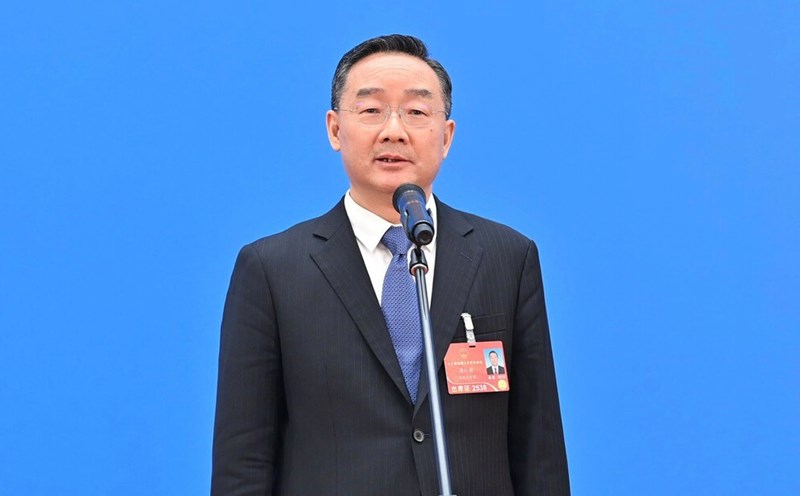In the public report for 2024, many universities in Ho Chi Minh City achieved total revenue exceeding the threshold of thousands of billions of VND. Notably, of that total revenue, tuition accounts for 70 - 90%.
Meanwhile, the revenue from scientific research and technology transfer - which is an important measure of modern universities - is quite modest, usually only a few dozen to more than 100 billion VND, accounting for less than 10% of total revenue.
The over-reliance on tuition fees means the financial burden on students and their families in the context of low per capita income, which has become a barrier to access higher education for many young people.
The fact that universities consider tuition fees as their "lifeline" also leads to many long-term consequences.
Schools can fall under pressure to enroll students at all costs by opening many majors, lowering input standards to increase the number of students, leading to threat in training quality, education leaning towards commercialization, considering students as customer exploitation instead of the center of training activities.
This is something that Associate Professor, Dr. Le Quang Son, Deputy Director of Da Nang University, at the Conference to summarize the 2022 - 2023 school year and deploy key tasks for the 2023 - 2024 school year of the higher education sector in Ho Chi Minh City in August 2023, vividly warning that universities are "eating their own meat" when investing too much effort to expand the scale of training in order to get money.
In many developed countries, research and technology transfer account for 30% - 50% of total university revenue.
On the contrary, in Vietnam, the figure of tens of billions of VND collected from research at schools with revenue of thousands of billions shows limitations in connecting with businesses and in commercializing scientific products.
This shows that universities lack both a mechanism to encourage cooperation between institutes - schools - businesses, and a legal environment to make research results products of commercial value.
To escape the vicious cycle of "eating their own meat", universities need to have strong changes from the State and themselves.
The State needs to have a mechanism to place research orders, encourage businesses to invest in science and technology in universities to promote the "3 houses" linkage: state - school - business.
Universities must change their governance thinking, considering research and innovation as pillars in parallel with training. By building a team of lecturers - scientists who are both strong in expertise and close to reality; at the same time, developing a startup ecosystem, nurturing initiatives from students and lecturers.
The fact that universities with revenue of thousands of billions but mainly rely on tuition fees is like a curb that only rely on one leg, is unsustainable and has many potential risks.
This makes it difficult for schools to reach the status of modern universities, integrate internationally and create high-quality human resources, as well as make education a driving force for national development as set out in Resolution 71.










